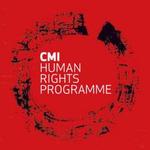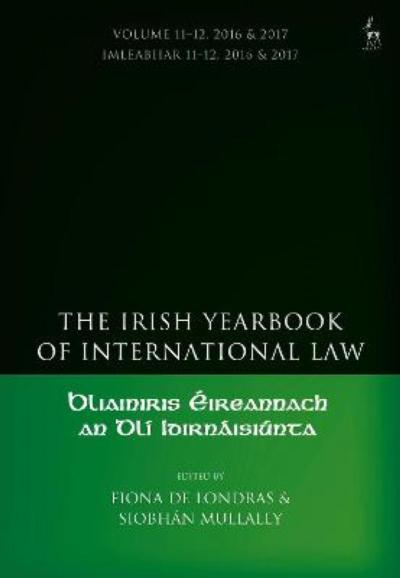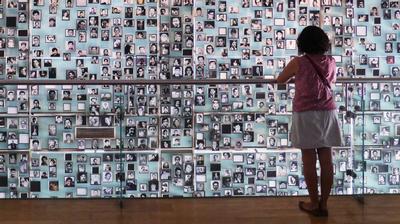Explaining Post-Transitional Justice in Chile
Inspired by the second-wave prosecutions in the Southern Cone, this paper addresses how and when the military may be held accountable for human rights violations committed during a previous regime. The main argument is that independent courts constitute a necessary, though not sufficient, condition for ensuring accountability for past human rights violations. Other crucial factors that need to be present are (1) reduced military threat; (2) a persistent demand for justice from civil society actors and their allies; and (3) a sufficient legal basis for judicial action in human rights cases. Regional and international development in human rights law and jurisprudence forms an important backdrop against which domestic legal development must be considered. The paper explores this argument for Chile after its transition from democracy in 1989 till the present. A particular focus will be given to the onset of large-scale trials towards the end of the 1990s and the subsequent escalating quest for retributive justice.




